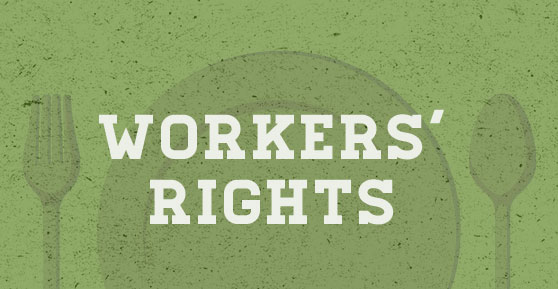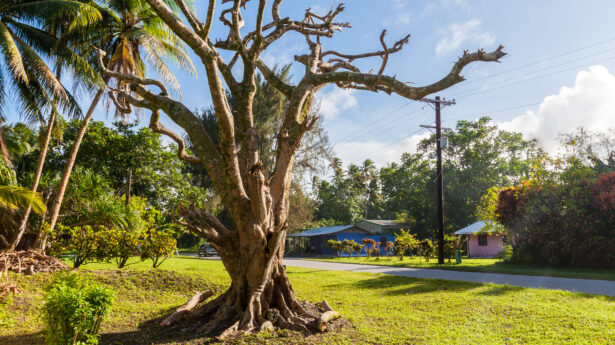The Unitarian Universalist Service Committee advances human rights through grassroots collaborations.
Cold and in the Dark

October 23, 2015
Refugees wading waist-deep through rivers in the freezing cold. Parents desperately trying to hold their small children above the water. People spending the night in open-air camps as winter winds and cold rain pelt them from the sky. These are some of the shocking scenes unfolding at the border between Croatia and Slovenia right now. According to the Center for Peace Studies, a UUSC partner leading the Welcome Initiative in Croatia, volunteers working at the border with Slovenia and Serbia “are witnessing brutal winter conditions, lack of food and water,” and refugees are being left in the dark about their right to seek asylum and their future in Europe.
Conditions are deteriorating at an increasing number of migration bottlenecks springing up in Europe, as one government after another has ratcheted up restrictions on entry. Thousands of asylum seekers are stranded as a result. Refugees describe harrowing experiences of being shunted from one border to the next, with no governments stepping up along the way to provide security and protection.
How did the situation in the Europe go from desperate to disastrous in just a few days?
On October 16, Hungary sealed its border with Croatia, just as the Center for Peace Studies, a UUSC partner, had warned would happen. This diverted the entire migration route through the heart of Croatia and toward the Slovenian border. Refugees have been marched across Croatia by the authorities, only to be forced to wait for days in the open air as Slovenian authorities debate whether and how quickly to let them in. After 1,800 people were stranded for a night between Croatia and Slovenia last Monday, some movement north has now resumed, but it is unclear how long people will be let through. Meanwhile, similar bottlenecks are developing at the Serbia-Croatia border and elsewhere.
No governments along the migration route, apart from Germany and Sweden, are allowing refugees to resettle long term. Even Germany’s resolve to welcome refugees appears to be wavering under the threat of a political backlash. German authorities are planning to increase deportations of new arrivals who are found to be merely “economic migrants.”
More Western governments, including the United States, must take up their share of the responsibility to resettle refugees and guarantee the human right to asylum. Otherwise, people across the migration route will remain trapped in a deadly humanitarian crisis, left stranded and stateless between the borders of various hostile governments.
UUSC is working with the Center for Peace Studies to build a different future for refugees in Europe. Now that the entire migration route has been diverted through Croatia, the need has become ever more urgent to provide shelter, direct aid, and legal and medical services to the thousands of people moving through this small Balkan nation. Every country has to work together to improve refugees’ lives, and there is no better place to begin than in the heart of the crisis created by the utterly failed response so far.
This article was written by Josh Leach, intern for UUSC’s Rights at Risk Program.

